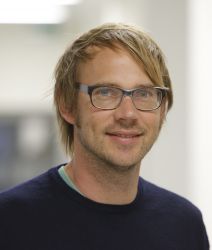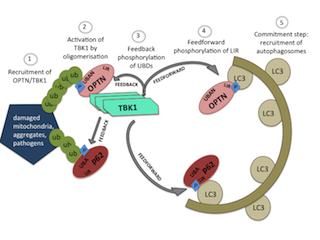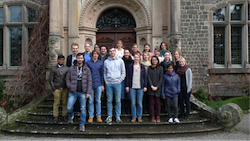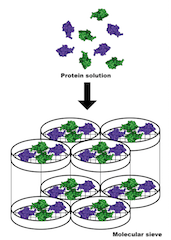News from the Institute

Dr. Christian Behrends, group leader of the Autophagy Signaling Group at the IBC2 and part of the SFB 1177 on Selective Autophagy has been selected to be a PLUS3 fellow of the Boehringer Ingelheim Foundation. The foundation will fund his research with a generous support of around 900.000 € for the next three years.
... (read more)
ALS (Amyotrophic lateral sclerosis) is a rare and severe disease characterized by loss of motor neurons and neurodegeneration leading to death within 3-4 years.
The 2014 ice bucket challenge brought ALS to broader public attention but to date there is no treatment for ALS, despite intensive research in the field.

From 22nd to 23rd of February 2016, the LOEWE Ub-Net as well as associated PhD students and postdocs convened in the historical walls of castle Rauischholzhausen, the seminar house of the University of Gießen.
In two days, all students and postdocs presented their projects and the discussion lead was rotated amongst the participants.
... (read more)
Together with the Cluster of Excellence Macromolecular Complexes, the SFB 1177, and the DKTK Frankfurt, LOEWE Ub-Net is organizing the first Frankfurt Conference on Ubiquitin and Autophagy in July 2016. Both the ubiquitin system and autophagy are essential for maintaining cellular integrity and homeostasis. Defects in the two quality control systems are involved in the pathogenesis of numerous diseases. The conference brings together leading experts in this field.
... (read more)
Exploring daring new ideas, which may transform common wisdom – this is the aim of the relatively young Volkswagen Foundation initiative called Experiment!.
Dr Masato Akutsu, group leader at the IBC2 and BMLS, succeeded in the highly competitive call for bold research concepts. He secured just under 100.000 € to prove a concept which has the potential to revolutionize structure determination by protein crystallography.
... (read more)